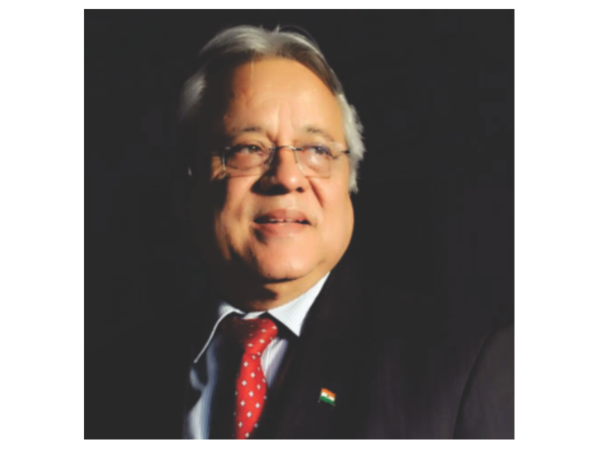
Prof. Bejon Kumar Mishra
Expert opinion by Prof. Bejon Kumar Mishra, International Consumer Policy Expert, Honorary Professor, National Law University, Cuttack, Odisha, held recently. 7th Edition of the Consumer Freedom Convention.
India needs an evaluation of tobacco cessation on safer alternatives to avoid a Hobson’s choice approach.
Leading the way with its G20 Presidency Health Track, the world sees India as an important facilitator in shaping the global agenda for global health – creating a model policy framework that focuses on public health prevention, care, needs and issues, thereby accelerating UN progress. Sustainable Development Goals (SDGs). India’s efforts to contain the Covid-19 pandemic have demonstrated its ability to combat health emergencies. That capacity can now be developed to become a global leader in driving international policy on public health, epidemic control and better access to health care for vast unreached populations.
One such alarming epidemic affecting India’s health code is the rampant use of tobacco and its fatal harm. Despite the best efforts of the government, the number of smokers in India remains unchanged at over one hundred million. India has the second lowest rate among the thirty developing countries surveyed. With 1 in 4 adults consuming tobacco, it continues to be the second largest in the world.
People who use tobacco account for more than a million deaths each year. Tobacco addiction results in a vicious cycle of poverty, especially among low-income groups. The economic costs of disease caused by addiction hinder economic growth.
The UN’s SDGs commit to reducing early deaths from non-communicable diseases through prevention and treatment. Signatory India should view tobacco harm control as a national health intervention – based on science and evidence for cessation, introduction of NRT & reduced harm and safer alternatives, rather than a terminal approach for users. It is necessary for the government to assess the actual situation on the ground in an independent, scientific and progressive manner. Unfortunately authorities like WHO are unable to solve this crisis. Risk reduction is addressed in the WHO’s global agreement, the Framework Convention on Tobacco Control (FCTC), but has not been actively adopted by countries, thus failing to achieve reduced consumption targets. As a sovereign state, India should consider independent evaluation of new age-reduced risk technologies and develop evidence-based progressive policies on their own merits.
Pragmatic reformist countries such as the UK, Sweden and Japan are leading the way by adopting reduced risk policies. The UK Department of Health has concluded that safer alternatives are 95% less harmful than combustible tobacco, helping 2.5 million smokers to switch and eventually quit. Sweden will soon become the first smoke-free country. With the help of safer alternatives and guidance from the WHO, the number of smokers has dropped from 15% to 5.6% in just 15 years. Also, they saw 41% less cancer, the lowest across the EU. Japan has recorded a 25% decline in cigarette volumes in the five years since better alternatives were introduced.
Disclaimer: Content produced by ET Edge

. „Gracz. Namiętny pionier w mediach społecznościowych. Wielokrotnie nagradzany miłośnik muzyki. Rozrabiacz”.
